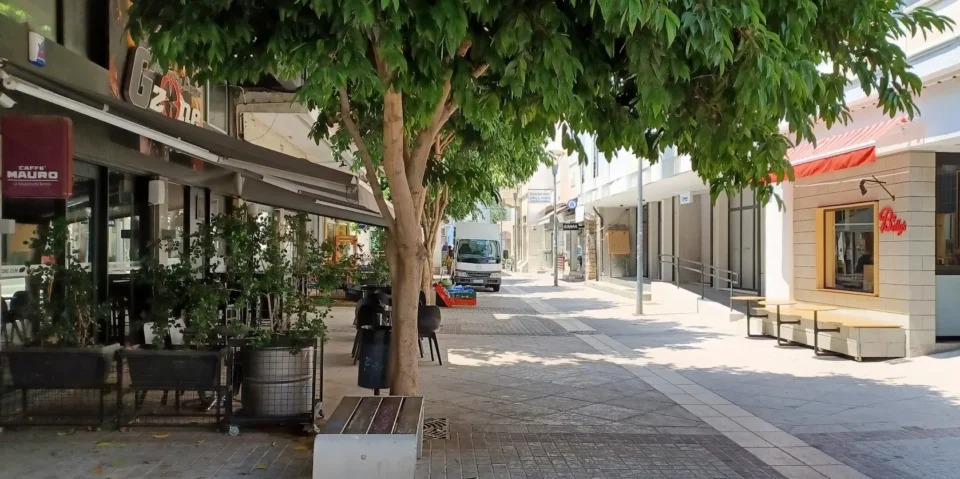16.07.2022
According to a report published this week by the Central Bank of Cyprus, the share of non-performing loans (NPL) in Cyprus rose to 11.4% in the first quarter of 2022.
The share of non-performing loans was previously 11.1% at the end of the fourth quarter of the previous year.
At the end of March 2022, total NPLs decreased by €77 million , down 2.6% from the total at the end of December 2021.
However, total loans also fell, falling by €1.45 billion (5.4%) from the previous figure of €27.01 billion at the end of December 2021 to €25.55 billion at the end of March 2022.
This was primarily due to deleveraging initiatives, mainly due to execution risks.
As a result, despite a decrease in NPLs, the ratio of NPLs to total loans slightly increased from 11.1% at the end of December 2021 to 11.4% at the end of March 2022.
The coverage ratio was 45.7% at the end of March 2022 compared to 43.1% at the end of December 2021.
In addition, the central bank noted that between December 31, 2017 and March 31, 2022, the total value of non-performing loans decreased by 17.7 billion euros, or 85.8% of the original amount.
The downward trend in NPLs observed in the first quarter of 2022 may be related to loan repayments (including debt-for-asset swaps) as well as positive migration of loans that were successfully restructured and reclassified as performing after the trial period.
The Cyprus property sector will do well in the short term, but not without creating some imbalances in the long term, WiRE FS Chairman Pavlos Loizou said earlier this week.
“I have been asked countless times about where the real estate market is heading in recent months, mostly from foreign investors who have been trying to assess how rising inflation, rising interest rates and the war in Ukraine will affect the dynamics of the local market,” said Luazou.
“Things will be better than many expect in terms of demand and prices, but worse in terms of increasing income inequality and creating future imbalances, which no one seems to care about,” he added.
Moreover, Luazou explained that the domestic real estate market can be divided into several groups, each of which has its own characteristics and trends.
“The Nicosia real estate market is less affected by the aforementioned external factors, although there has been some reduction in investment due to the increase in interest rates and in relation to the construction of large main residential buildings due to the increase in construction costs,” he said.
The market in Limassol and, to a lesser extent, Paphos and Larnaca is more influenced by people who have moved to Cyprus in the last three to five years from a number of countries.
“Rental housing prices in Limassol are at an all-time high, while prices in Larnaca and Paphos are also trending higher,” Loizou said.
“There is also significant demand for office space with high specifications and quality of construction, demand for higher quality and luxury products, and demand for foreign language schools,” he added.
The Cyprus Stock Exchange ended Friday, July 15, with losses.
The overall Cypriot stock market index stood at 66.32 points at 12:36 pm during the day, reflecting a 0.44% drop from the previous trading day.
The FTSE/CySE 20 Index stood at 39.67, down 0.48%.
The total transaction value was 93,136 euros.
For sub-indices, the main and alternative indices decreased by 0.17% and 0.74%, respectively. Indices of investment companies and hotels remained stable.
Bank of Cyprus (-1.04%), Cyprus Cement Company (-1.61%), Tsokkos Hotels (+7.14%) and Cyprus Forest Industries (+10%) attracted the highest investment interest.
















